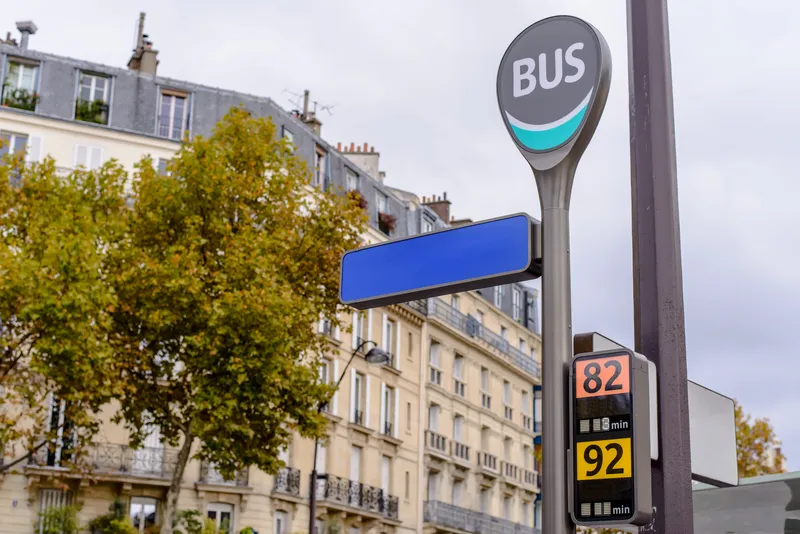
Mobility data platform Vianova is partnering with French public transport operator RATP to understand how the kerb is being used in Paris - or instance, with the increase in online deliveries - and to help prevent infrastructure such as bus lanes from being blocked.
RATP oversees 355 bus routes and 4,700 vehicles; Vianova will utilise data from connected vehicles to better understand how traffic across the city flows.
Vianova’s mobility analytics software leverages data from more than one million connected vehicles every day to provide policymakers, transport and urban planners, consulting firms and data scientists with insights on their own services and projects.
Its platform can take data from multiple different sources and mix different location datasets to create actionable insights.
RATP is experimenting with smart cameras and sensors on its buses, which detect vehicles in real time, feeding the data back to Vianova’s platform.
It builds on work which RATP conducted with the Massachusetts Institute of Technology (MIT) on kerb management.
Thibault Castagne, co-founder and CEO at Vianova, said: “Buses are an integral part of any city’s public transport infrastructure and cover an important portion of the street network."
"This is exactly the kind of challenge Vianova was built to solve and we look forward to seeing the solutions Vianova helps the RATP team implement in Paris.”
Pauline Baudry, urban ecosystem program manager at RATP, said: “By using technology, we can produce insights on the dynamics of the city. Working with Vianova enables us to analyse and visualise data in an impactful way, revealing insightful patterns of mobility and kerb usage.”









